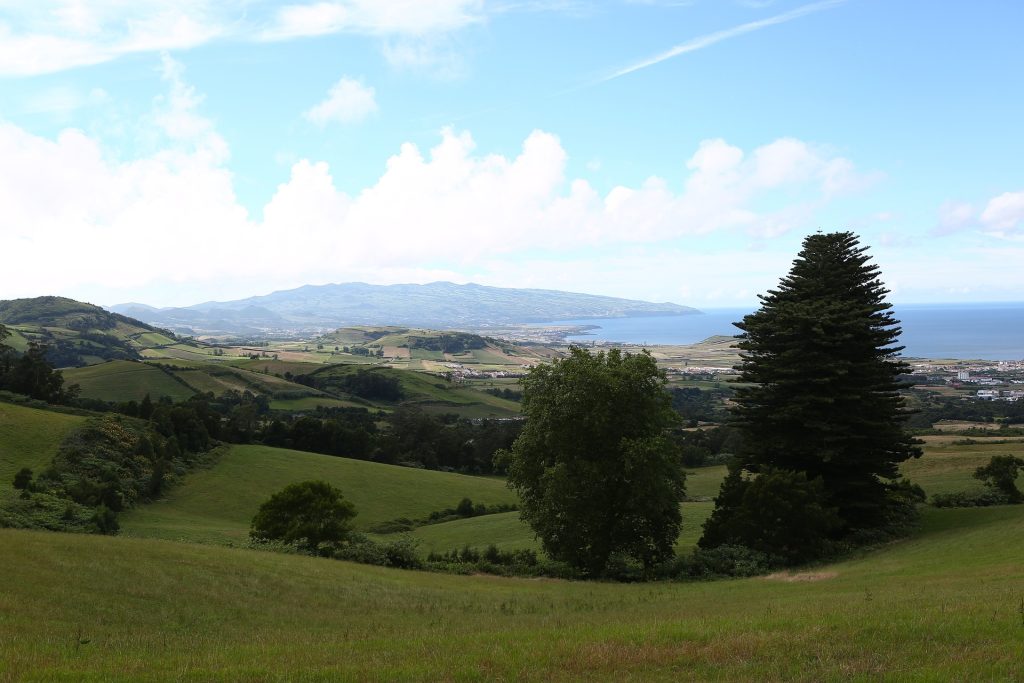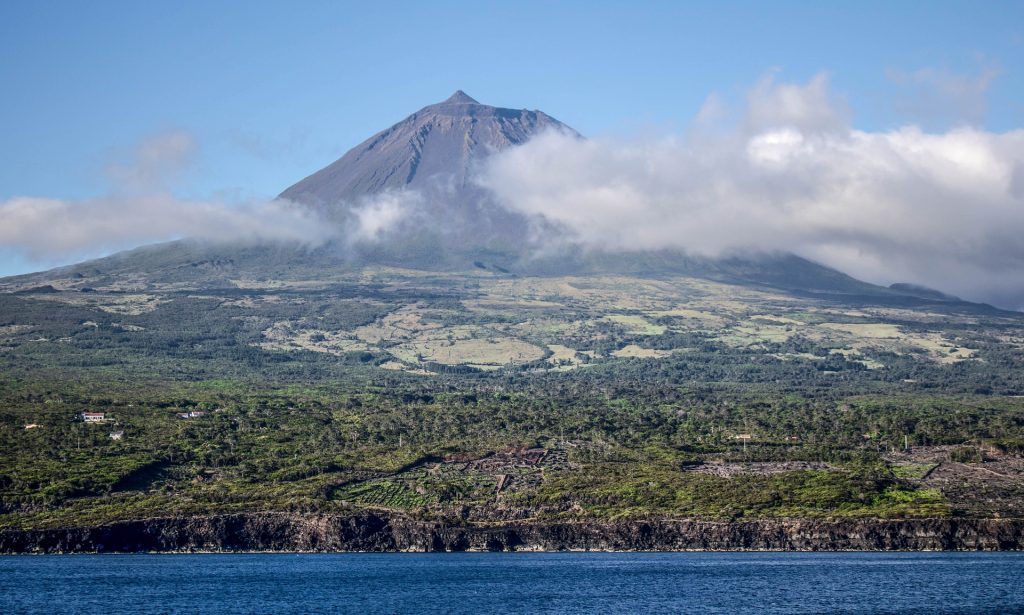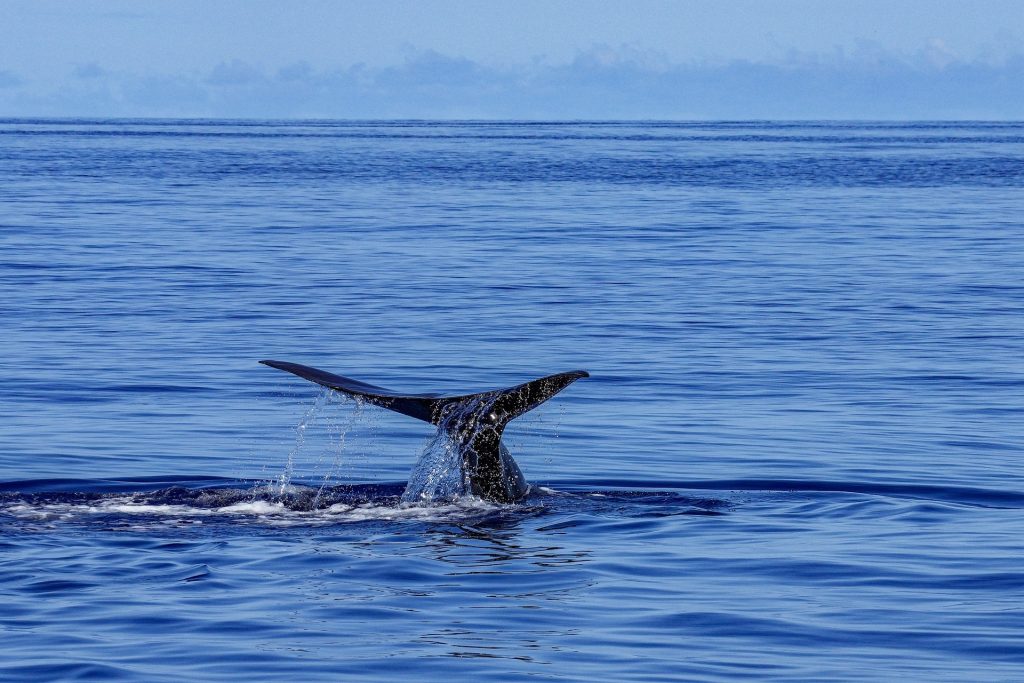The Azores, a breathtaking archipelago of nine volcanic islands, sit 1,500 kilometers from mainland Portugal, deep in the Atlantic Ocean. Known as one of Europe’s best-kept secrets, these islands offer a magical blend of dramatic landscapes, rich culture, and a commitment to sustainability that sets them apart from other tourist destinations. The Azores’ remote location has preserved their pristine environment, making it a haven for nature lovers, adventure seekers, and eco-conscious travellers looking for a sustainable travel experience.
Why Choose the Azores: A Sustainable Destination
Despite being relatively unknown in global tourism, the Azores have become renowned for their incredible natural beauty and sustainable tourism practices. In 2019, the Azores made history by becoming the world’s first archipelago to be certified by the EarthCheck Sustainable Destination program. Additionally, the Azores are recognized as a UNESCO Biosphere Reserve, emphasizing the islands’ leadership in environmental preservation.
But what truly makes the Azores one of the most sustainable destinations in the world? Here’s a closer look.

Eco-Friendly Development and Authentic Experiences
The Azores are deeply committed to low-impact development. Only 5% of the land is urbanized, with most of the terrain remaining untouched. This has preserved the island’s natural beauty and ensured a more authentic visitor experience. With traditional stone houses, lush gardens, and narrow cobblestone streets, the islands maintain a unique charm that hasn’t been diluted by mass tourism.
This focus on maintaining natural landscapes enhances your experience, allowing you to explore the Azores in its most raw and natural state. Whether you’re wandering through the small villages or hiking the vast volcanic craters, you’re immersed in the island’s ancient and unspoiled beauty.
Protecting Marine and Wildlife in the Azores
The Azores are home to an extraordinary variety of wildlife, both on land and in the surrounding waters. For whale watchers and bird enthusiasts, the islands are a treasure trove of biodiversity. The archipelago is one of the best places in the world to spot dolphins, sperm whales, marine turtles, and rare bird species. The government has prioritized protecting this marine life through marine protected areas (MPAs) and strict regulations on fishing, ensuring that the waters around the islands remain a sanctuary for marine wildlife.
On land, the Azores support a variety of endemic species, protected through national conservation programs aimed at preserving the unique biodiversity of these islands. The Azores are also a critical stopover for migratory birds, making it a top destination for birdwatching enthusiasts.
Natural Heritage Conservation: A Journey through Geological Wonders

Volcanic landscapes are one of the most defining features of the Azores, with the islands boasting caldera lakes, geothermal springs, and soaring mountain ranges. Sites like Sete Cidades on São Miguel island, with its twin lakes Lagoa Verde and Lagoa Azul, offer some of the most picturesque views in the world. Protected as part of a network of natural parks, these sites are carefully managed to ensure their long-term preservation.
Another must-see is Furnas Valley, known for its hot springs and volcanic activity. Not only can you relax in the geothermal pools, but you can also taste traditional Azorean dishes like “cozido,” slow-cooked underground using volcanic heat.
Sustainable Tourism and Business Practices in the Azores
Sustainability is a guiding principle for many businesses in the Azores, particularly in the tourism sector. Many hotels and tour operators have adopted eco-friendly practices, from reducing energy consumption to using locally sourced products. Several accommodations have been certified under the Green Key eco-label, demonstrating their commitment to environmental responsibility.
In addition, the islands’ agricultural sector supports sustainability by promoting organic farming and pasture-based methods, which produce high-quality dairy, wine, and tea.
Renewable Energy Leadership: Geothermal Power and Beyond
Thanks to its volcanic origins, the Azores are leaders in geothermal energy, which supplies nearly one-third of the island’s electricity. The commitment to renewable energy goes beyond geothermal, with wind and hydropower also contributing to the islands’ energy mix. This focus on renewable energy helps reduce carbon emissions and ensures energy security for the future.
Unforgettable Experiences in the Azores

Visiting the Azores offers a unique combination of eco-friendly adventures and cultural experiences. Take a dip in the natural hot springs, enjoy the thrill of hiking to the top of Mount Pico (Portugal’s highest peak), or set out on a whale-watching tour. Don’t forget to try the iconic “cozido das Furnas,” cooked by volcanic heat, for an authentic taste of Azorean culture.
From the islands’ rugged trails to the crystal-clear waters, every experience in the Azores is intertwined with its natural beauty and commitment to sustainability.
The Future of Sustainability in the Azores
As the Azores continue to grow as a travel destination, the focus remains on preserving the natural environment and promoting sustainable tourism. Plans for expanding renewable energy sources, fostering eco-friendly accommodations, and supporting sustainable agriculture are all in place to ensure that the Azores remain a global leader in sustainability for generations to come.

For eco-conscious travellers, the Azores offer a sustainable paradise where you can explore pristine landscapes, experience rich culture, and contribute to environmental preservation. Discover the Azores, a destination where sustainability meets adventure.
